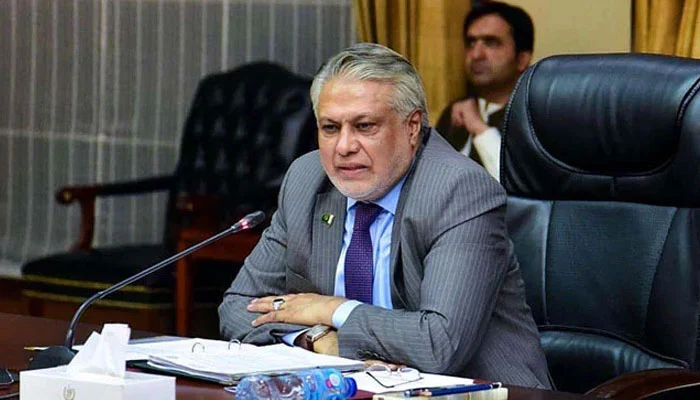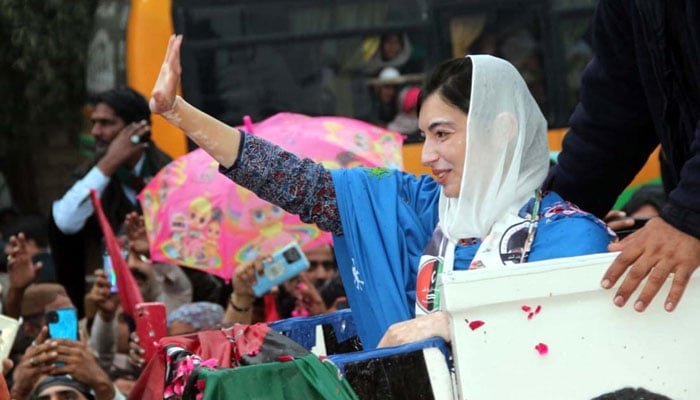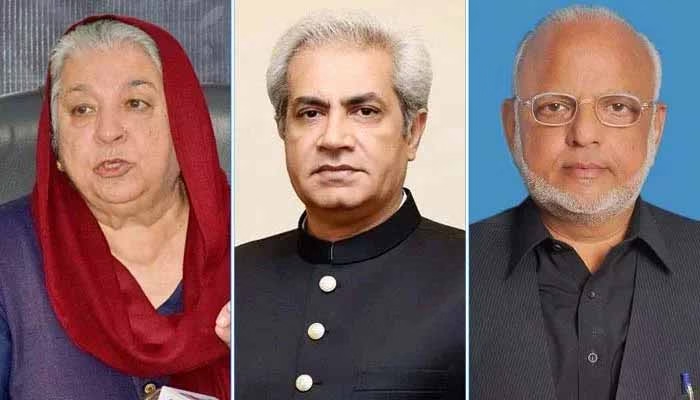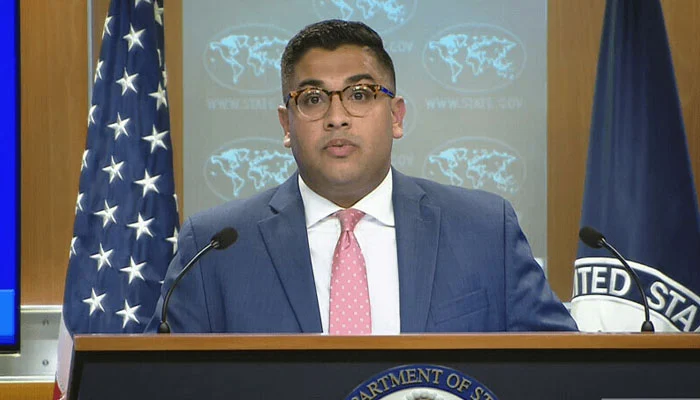Former Federal Finance Minister and Senator, Ishaq Dar, has stated that the case against him was not sent back to the National Accountability Bureau (NAB) by the courts. In an interview with Geo News, Ishaq Dar clarified that his case had been closed by the courts, and if the NAB Trameme law had not been introduced, the court would have acquitted him on merit.
He further explained that there was no evidence found against him in the case, and even Wajid Zia, the head of the Joint Investigation Team (JIT), had stated that no proof of wrongdoing could be established against him.
Ishaq Dar, who belongs to the Pakistan Muslim League-Nawaz (PML-N) party, asserted that the prosecution had failed to prove any allegations against him, and this is a matter of record. He claimed that all his assets were declared and available with the Federal Board of Revenue (FBR) and the Election Commission of Pakistan (ECP).
His comments highlight his perspective that the legal proceedings against him were politically motivated and that there was no substantive evidence to support the allegations made by NAB and the prosecution.
The case of Ishaq Dar is one among several high-profile cases in Pakistan’s political landscape, where prominent politicians have faced legal challenges and allegations of corruption. These cases have been a focal point in the country’s efforts to combat corruption and hold public officials accountable.
It’s important to note that the legal process and the handling of such cases in accordance with due process are critical to ensuring justice and upholding the rule of law. As with any legal matter, it is essential to consider multiple perspectives and await official rulings or decisions from the relevant authorities.
Ishaq Dar’s assertion that his case was not sent back to NAB and that there was a lack of evidence against him underscores the complex and politically charged nature of legal proceedings involving high-profile individuals in Pakistan. These cases continue to be a subject of public interest and scrutiny as the country seeks to address issues of accountability and transparency in its political landscape.



